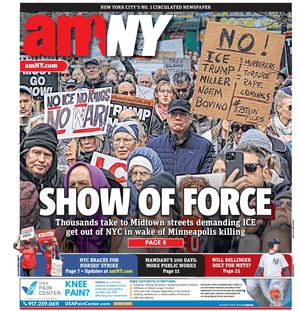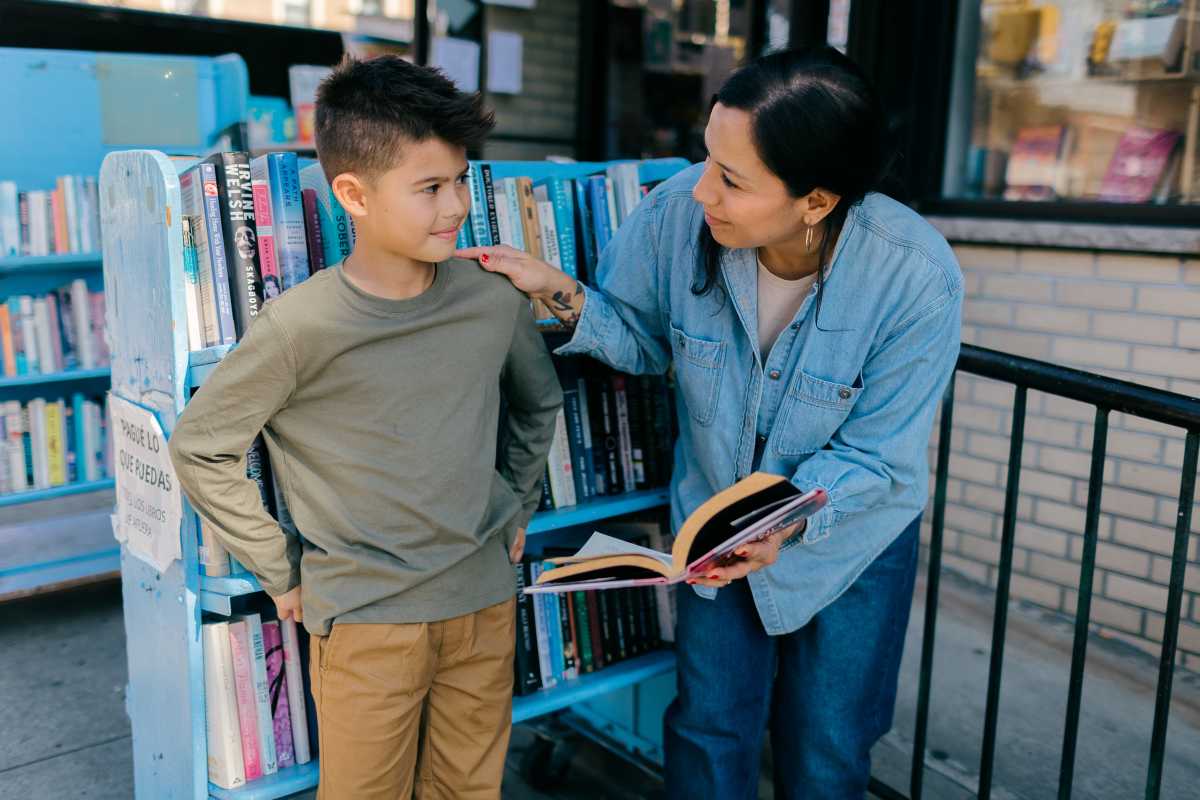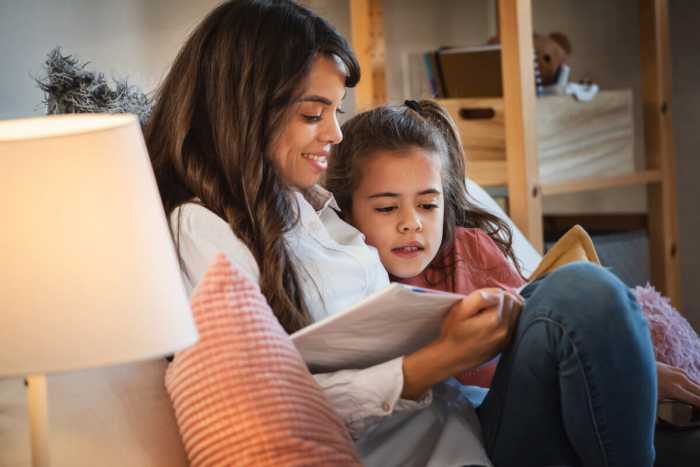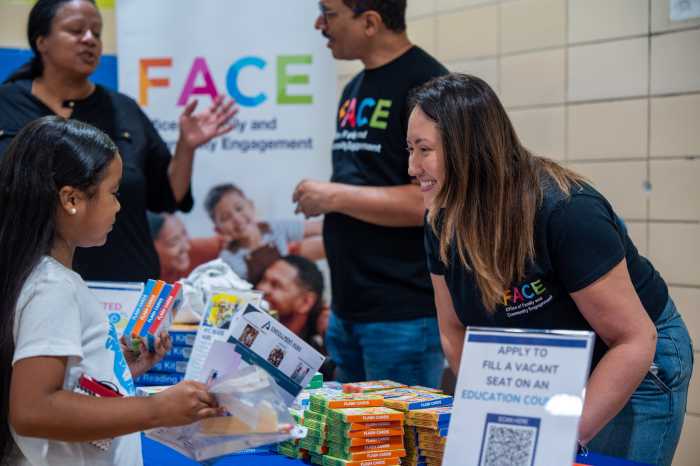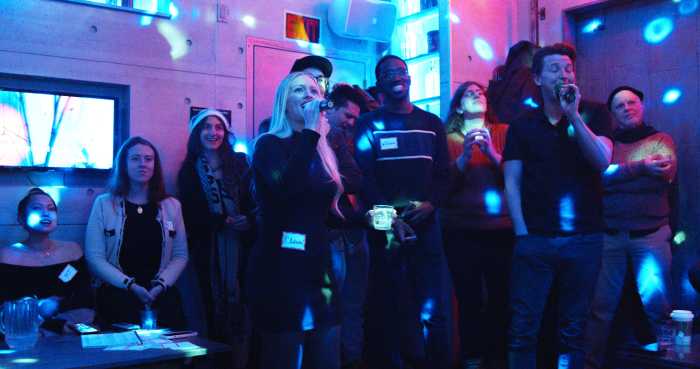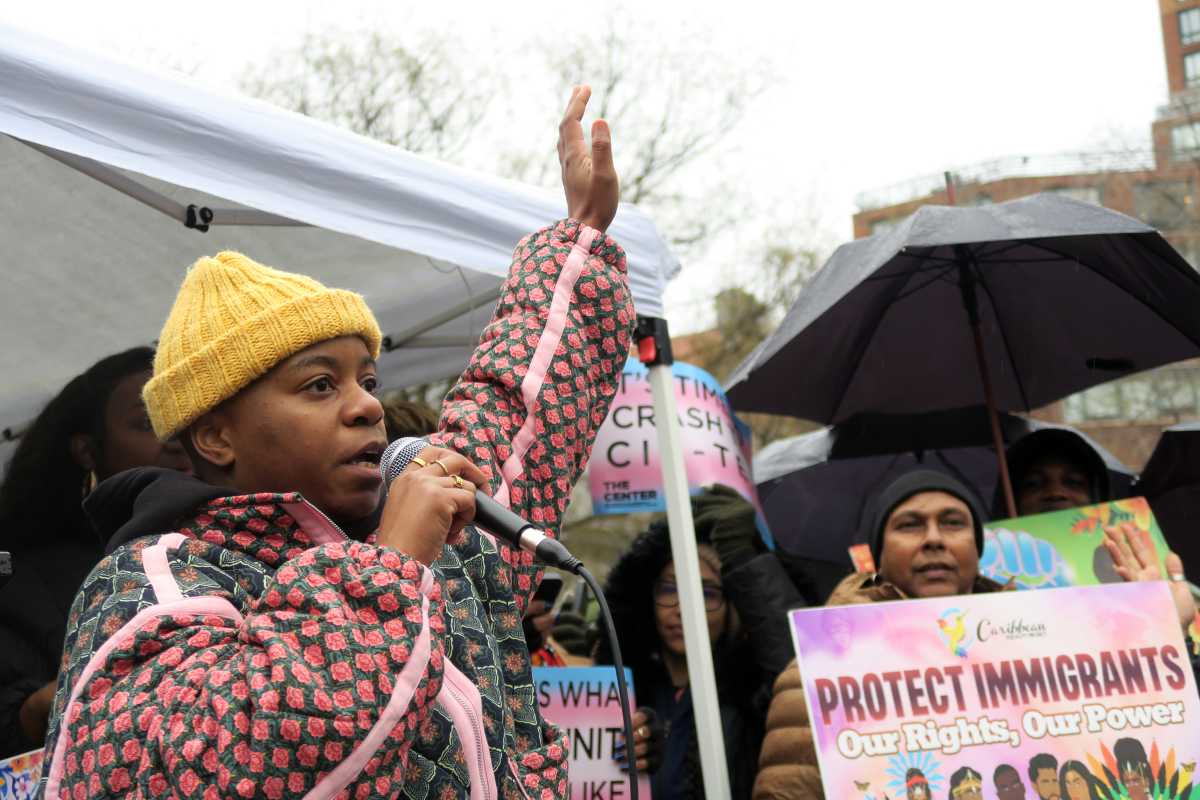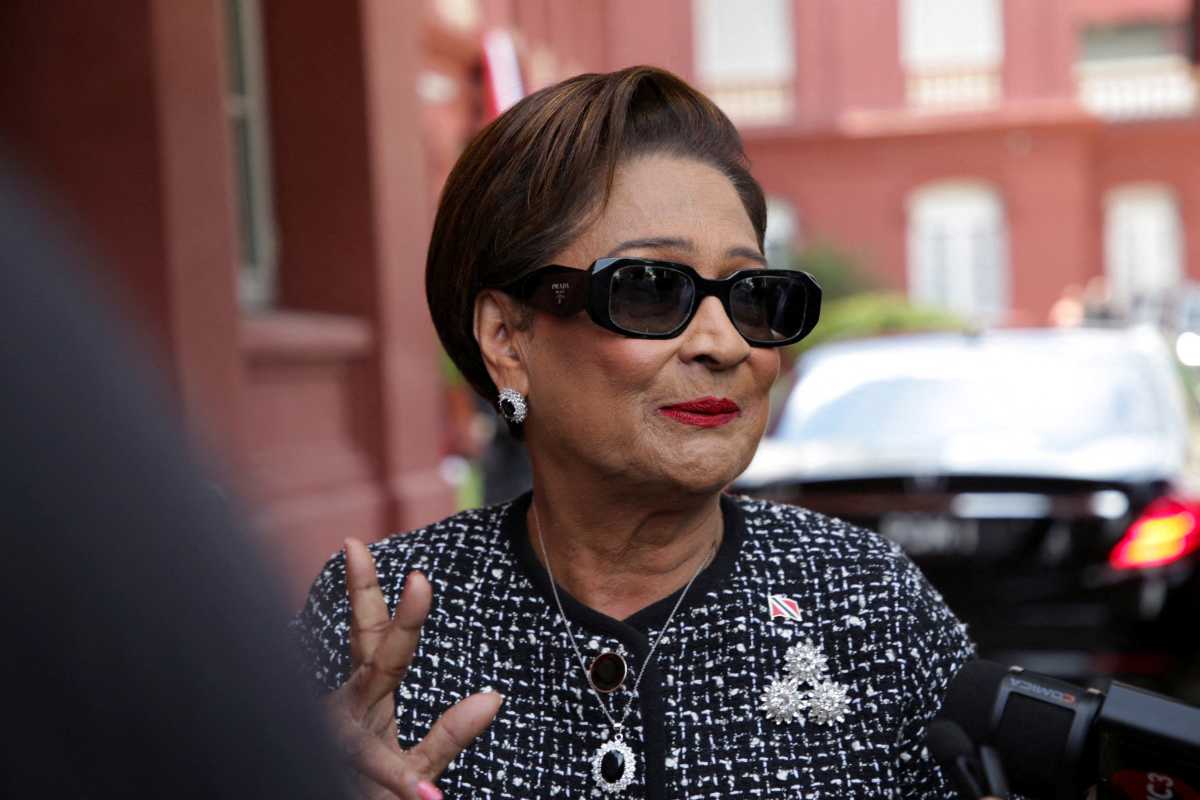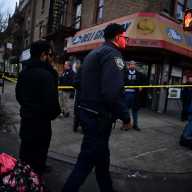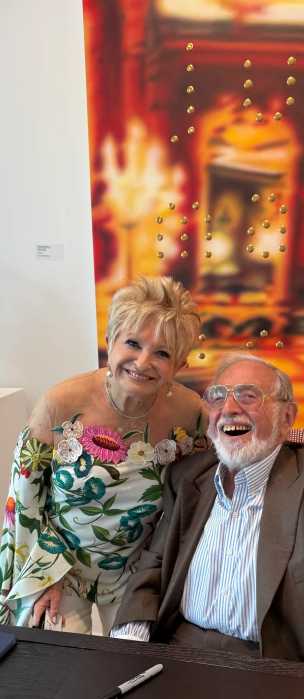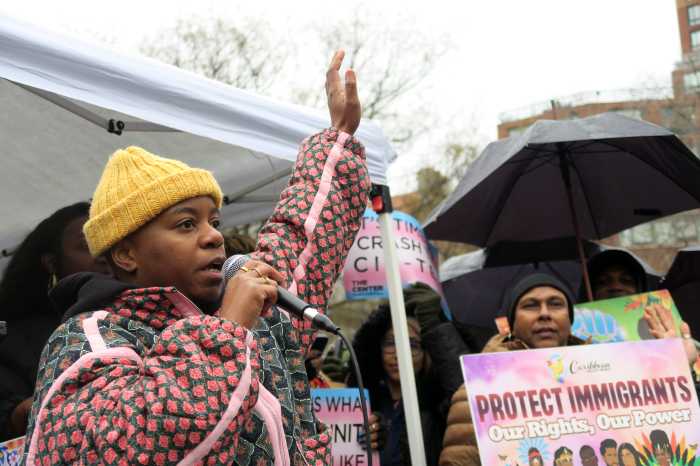To help combat alarmingly low literacy rates and help underserved youth, the New York Community Trust awarded a $150,000 grant to the Literacy Academy Collective, a nonprofit dedicated to improving reading instruction for struggling students.
The grant will help the collective open its second public school, the Central Brooklyn Literacy Academy, in September 2025.
Education advocates — including Shawn Morehead, executive vice president of grants and chief program officer with the trust — say the introduction of Literacy Academy Collective schools can help be a vital bridge to universal literacy success in city schools.
Last year, according to education reports, just half of the city’s third through eighth graders achieved proficiency on state reading tests, with only 40% of Black and Latino children meeting the same standard..
The NYC Department of Education recently implemented a new reading curriculum to enhance literacy instruction. Still, learning experts say it requires further support to ensure adequate student outcomes, as education is not a one-size-fits-all approach.
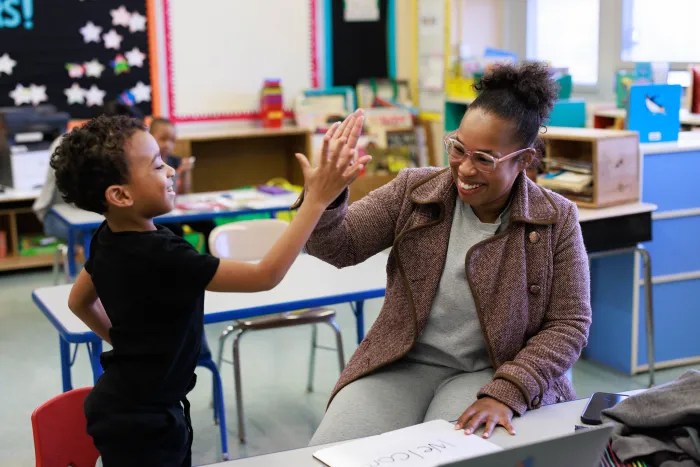
“For years, the city was using an approach to reading instruction that had no real research base behind it,” Morehead told amNewYork Metro. “It was a little bit of, well, give them the books, and they’ll figure it out.”
According to Morehead, the broader citywide efforts funded by the trust aim to improve classroom reading instruction through teacher training and data analysis. They want to see improvements in students’ reading fundamentals, building a vocabulary-rich environment and preparing them for success in later grades.
School leaders will measure the program’s success through standardized assessments, statewide tests, and long-term indicators like high school readiness and advanced coursework.
“There are real processing differences in the way that [student’s] brain takes in what they see on a page and processes it, and so you have to teach in a way that addresses those differences,” she said. “I often advise that teaching reading is actually a science, which is what you’ll hear from all the government officials pushing the reading changes in the city. But it is, in fact, true.”
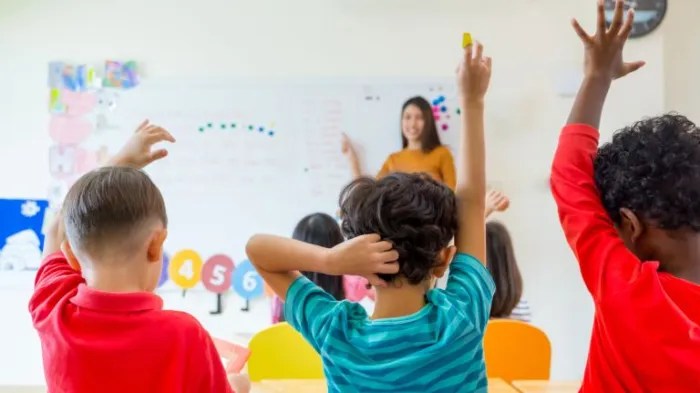
“People can support the collective by building awareness among families and communities about the real value in improving reading instruction, both broadly for all kids in the early grades, kids who process language differently,” Morehead said. “The more people support it, talk about it, understand it, the more kids are going to get what they need, not just in school, but in after school and at home and on the subway and all of those places where we interact with young people.”
Before opening the school, Literacy Academy Collective will enroll at least 32 students in a model classroom at P.S. 191 in Brooklyn for the 2024 to 2025 school year, with the expectation that at least 70 % of students will improve reading proficiency consistent with a year of instruction.
They plan to perfect teacher training and development tools through this trial-run classroom.
Prior to opening the school, Literacy Academy Collective will enroll at least 32 students in a model classroom at P.S. 191 in Brooklyn for the 2024 to 2025 school year, with the expectation that at least 70 % of students will improve reading proficiency consistent with a year of instruction.
The program hopes to close the literacy gap and empower the next generation by embracing research-based reading instruction and fostering community support.
“One of the things I think that’s really exciting about the Literacy Academy Collective is it was started by a couple of parents who saw a need in the system and actually worked really hard to figure out how to make a change,” Morehead said when discussing how the collective was formed. “It’s a lesson for all of us that even in our big city of 8 million people, if you see a problem, there are opportunities to make lives better for everybody in our communities and we should just look for them and seize them.”
